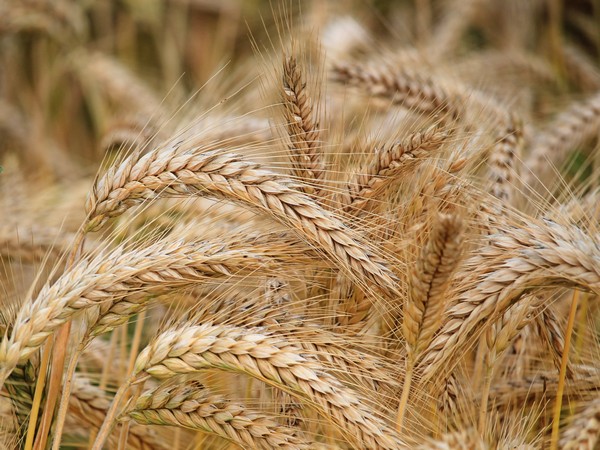

Muscat: The stalled negotiations to extend the grain export agreement across the Black Sea raises fears of an escalation of the global food crisis. After Russia announced stopping the renewal of the agreement, which allowed the passage of foodstuffs to many regions around the world, it may be a response to the continued European sanctions imposed on Russian exports, especially fertilizers.
It seems that the efforts to renew the agreement have taken a closed track, despite the efforts of several international parties, including the Turkish president, to ease anxiety within the global grain markets, which are largely dependent on Russian and Ukrainian wheat. As he confirmed a few days ago that his Russian counterpart, Vladimir Putin, had expressed a desire to continue the grain agreement, which had expired.
The Black Sea Grain Initiative, which was mediated by the United Nations and Turkey, is a distinctive example of the fruitful negotiations that have taken place between Ukraine and Russia since the start of the military operation in Ukraine at the end of last February.
Going back to last year, the deal was reached that allowed Ukraine to resume exporting millions of tons of grain for several months and was renewed several times for varying periods. It was hoped that it would be renewed last Monday, but Russia threatened to withdraw from the agreement, while Turkey recently received a Ukrainian proposal to resume the Ukrainian grain export agreement without Russia’s participation in it.
In this context, Irfan Alti Karadesh, news director of the Turkish "Ikhlas Agency", told Oman News Agency, saying: "Turkey is working to help persuade Russia to allow Ukraine to resume its grain exports in the Black Sea, and if the negotiations continue to falter, it will constitute a new blow to global food, which has been greatly affected by the Russian-Ukrainian crisis."
Karadash indicated in his speech that the negotiations entered a difficult path this time. In view of the mutual accusations and the insistence of the European Union countries not to pass any concessions or mitigate the severity of sanctions, especially on the agricultural and food sector in general, towards Russia, which fuels Russia's refusal to enter the agreement into another new phase.
Karadash concluded that the work of the agreement has officially ended and the movement of grain carriers across the Black Sea, which falls under the agreement’s shadow, has stopped, but the stalled extension consultations are still ongoing at the regional and international levels, even for a short period.
The Istanbul Agreement stipulates that Russia will allow the export of Ukrainian grain through a humanitarian corridor opened by the Russian fleet in the Black Sea, provided that Russian grain and fertilizers are allowed to reach the market.
According to the terms of the agreement, Russia has made five basic demands as conditions for its agreement to allow the return of Ukrainian grain exports to the world, including: reconnecting the Russian Agrarian Bank to the Swift system, supplying spare parts for Russian agriculture, unblocking transportation and insurance logistics, reviving the "Tolyatti-Odessa" ammonia pipeline, and unfreezing the assets of Russian companies.
The agreement allowed the export of about 33 million tons of grain from Ukraine since its entry into force, but Western sanctions against Russia have so far suspended the exit of Russian products after imposing sanctions on insurance companies and ship services that deal with Russia, while the countries that imposed the sanctions pledged not to restrict the movement of Russian exports of fertilizers, grains, oils and food.
Russia and Ukraine are major global suppliers of wheat, barley, sunflower oil and other affordable food products that developing countries depend on.
In a related context, the UN Security Council will hold an open session tomorrow to discuss Russia's suspension of the grain agreement.